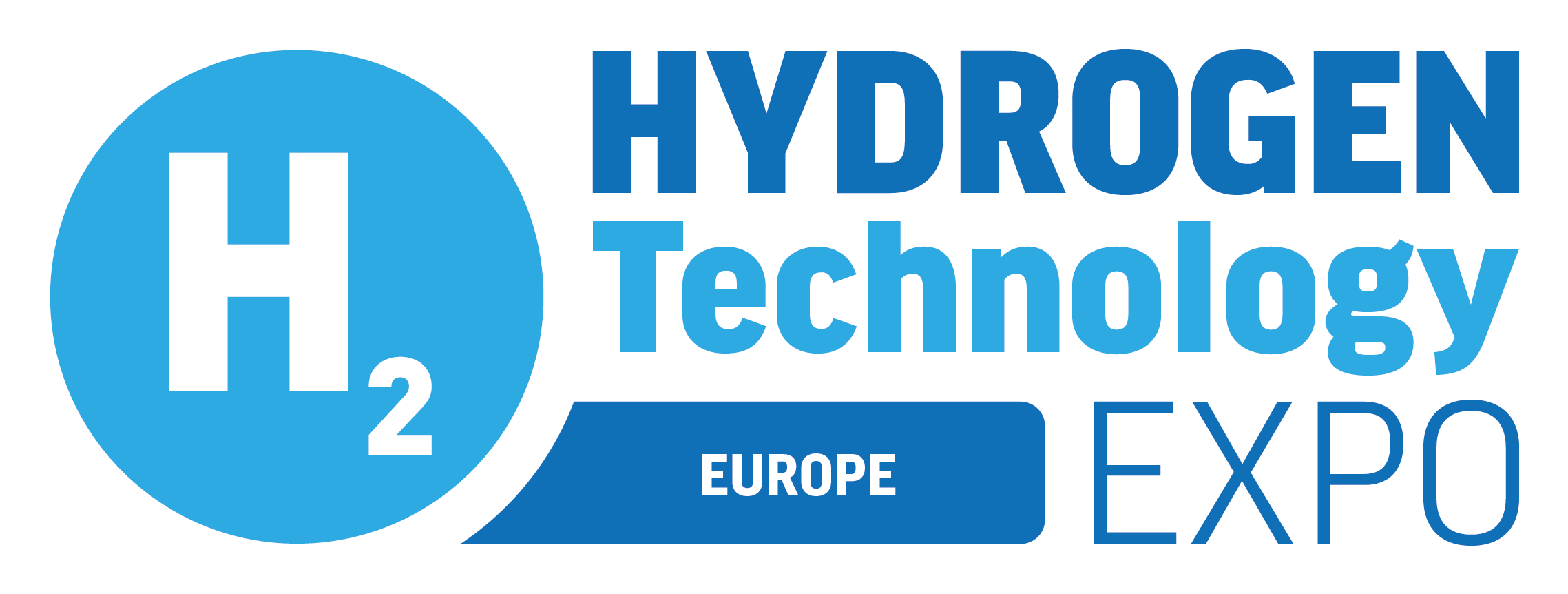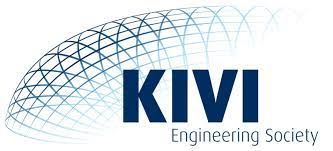Hydrogen-based innovation projects receive £3m from UK HyRES
)
Ten hydrogen production storage, end use and alternative carrier projects within the UK will receive a share of almost £3m. This grant is being provided as an award to these projects by the University of Bath’s hydrogen research hub.
This funding was allocated through the university’s UK Hub for Research Challenges in Hydrogen and Alternative Liquid Fuels (UK HyRES). The overall purpose of this funding will be to provide support for the development of hydrogen technologies within the country.
So far, UK HyRES has received £11m from the UK Government from the Engineering and Physical Sciences Research Council. This occurred in 2023 and the purpose behind it was to support the programme.
It has already been planned that the ten projects will join the fourteen pre-established core initiatives, which are already underway as part of UK HyRES.
The first of these is Professor Mark Symes’s Decoupled electrolysis of seawater. Professor Symes is associated with the University of Glasgow and his project aims to, ‘produce hydrogen directly from seawater to accommodate locations where freshwater supplies are limited.’
Another of the projects was Dr. Alfonso Martinez-Felipe, from the University of Aberdeen who is running the project called MHYSTIC. The purpose of this project will be to ‘explore material optimisation for hydrogen storage and transport, enhance safety in long-distance transmission and assess the feasibility of repurposing North Sea offshore assets for hydrogen production, generation and storage.’
Professor Aidong Yang from the University of Oxford is running project MARIO and this project examines ‘the potential of ammonia direct reduction and hydrogen direct reduction in steel production.’
STACI is a project which was presented by Professor Alexander Cowan from the Stephenson Institute of Renewable Energy, University of Liverpool. This project, ‘aims to increase the lifetime of anion exchange membrane (AEM) electrolysers by developing new electrode and membrane architectures.’
Along with these project, Alex Walton, who is at the University of Manchester, has stated they ‘will research oxides of ruthenium in the use of acid water electrolysis for large-scale and stable green hydrogen production.’
Dr. Dawei Wu from the University of Birmingham is working on UNISON which, ‘aim is to develop catalytic and additive-enhanced solutions for ammonia-hydrogen co-combustion to optimise efficiency and minimise emissions.’
OptiSen is being operated by a Professor from the University of Birmingham, Professor Gerard Fernando. This project will, ‘develop optical fibre-based sensors that are low-cost, robust and multi-functional for hydrogen storage and transport applications.’
Professor Jennifer Wen, who is based at the University of Surrey, will be investigating and modelling, ‘safety scenarios that could occur with increased global transportation, storage and bunkering of ammonia.’
Professor Stephen Skinner of the Imperial College of London, is focusing on investigating, ‘metal-supported solid oxide electrolysers to understand performance, materials degradation and lifespan prediction of cells and devices.’
Finally, Professor Terence Liu, from the University of Northumbria, is working on project Trimonia. This project is looking at developing, ‘a systematic approach to enhance efficiency and reduce energy consumption in catalytic ammonia synthesis from atmospheric nitrogen.’
Professor Tim Mays, spoke about the funding, saying, “This gives UK HyRES a comprehensive base of top-tier research expertise to help answer the key questions around how we can use hydrogen and zero-carbon alternative liquid fuels to help reach Net Zero.”
Professor Mays spoke about the new wave of projects, stating, “Amounting to a total of almost £3m, the projects are funded by the hub’s flexifund and were selected from 160 original expressions of interest and a longlist of nearly 50 proposals. The high quality and variety of all the submissions was remarkable, and it was an incredibly difficult task to narrow down to the eventual funded projects. We look forward to future hub calls to distribute the remaining flexifund budget of around £2m.”




)
)
)
)
)
)
)
)
)
)
)
)
)
)
)
)
)
)
)
)
)
)
)
)

)
)
)
)
)
)
)
)
)
)
)
)
)


)
)
)
)
)
)
)
)
)
)
)
)

)

)
)
)

)
)
)

)
)
)
)
)
)
)
)
)
)
)


)
